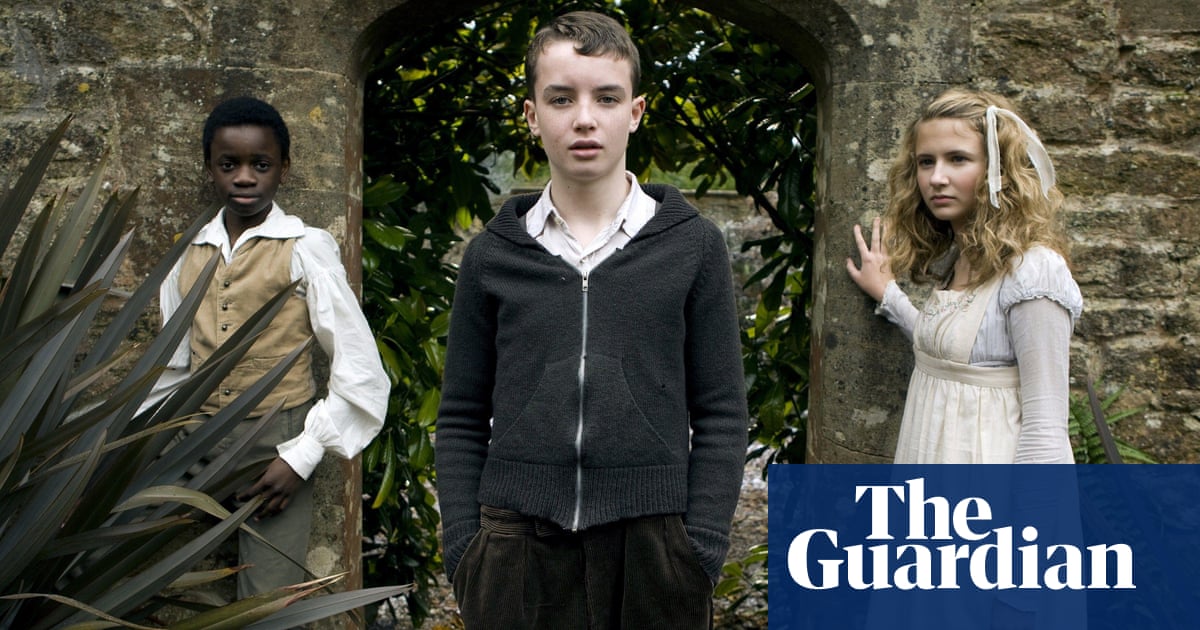
Fiona Williams’ piece (What Enid Blyton and Brambly Hedge don’t tell you about being Black in the British countryside, 19 January) is an interesting addition to the small but growing literature addressing this subject, to which I myself made some small contribution in my 2017 novel The Lie of the Land.
However, had she read the second of Lucy M Boston’s children’s novels, The Chimneys of Green Knowe (1958), she would have found a searing depiction of racism in rural East Anglia.
Its hero is Jacob, a Black boy bought out of slavery and brought from the West Indies to Britain by a kindly sea captain, who sees him as a potential companion for his blind daughter Susan. Jacob’s experiences of prejudice by some members of Susan’s family opened my own eyes to this as a young reader.
Boston’s book is especially commendable for not being an “issue” book, but written as a thrilling story in which the hero and heroine befriend each other with resourcefulness and without self-pity.
Amanda Craig
London












